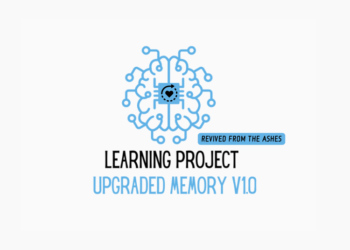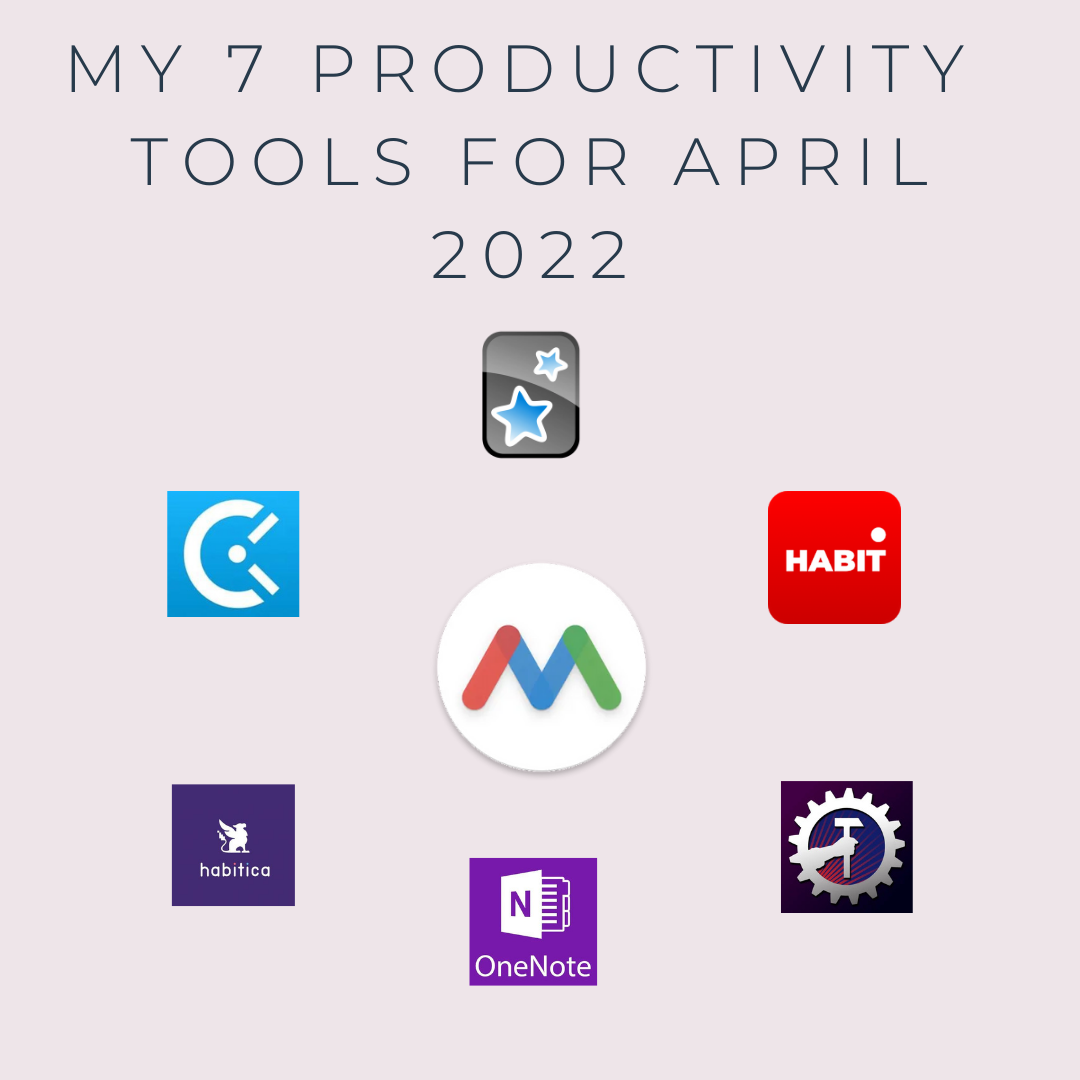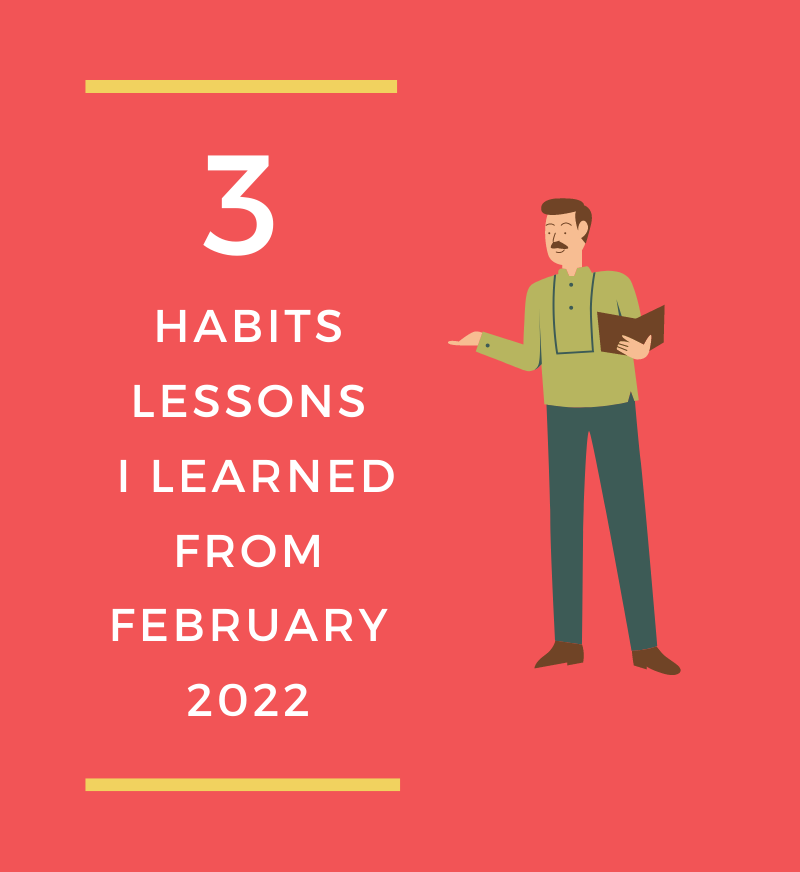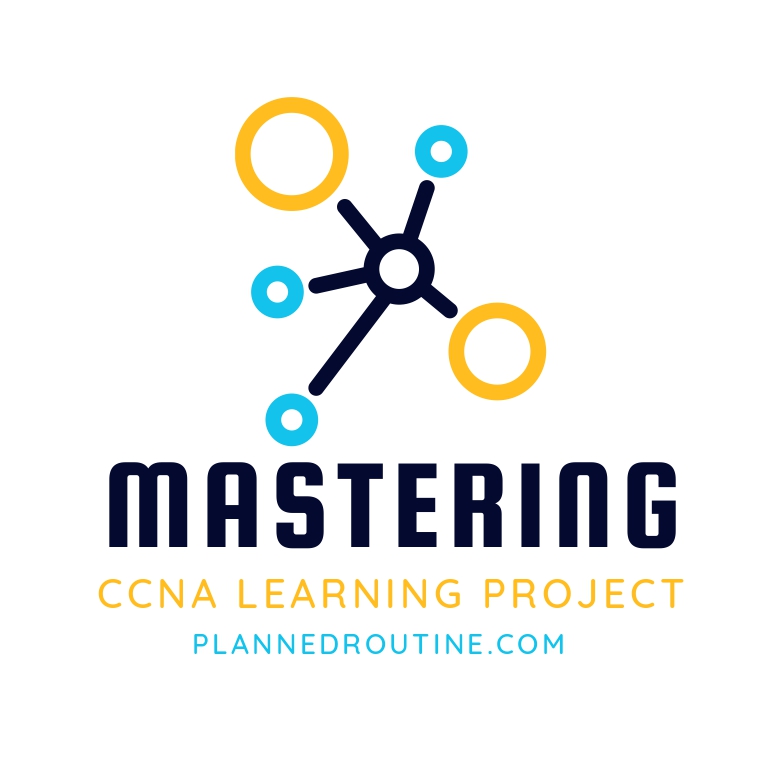Starting Point
Imagine we are putting the strongest man against the most intelligent man. Who is going to win? It depends on what kind of contest we have. If it has to be about strength, it will be an easy win for the strong man. However, if it was a mental game, you bet the winner would be the most intelligent man alive.
The comparison above may not be fair. And we shouldn’t be mixing oranges and apples but rather focus on the tricky process of finding the most intelligent man. Is the one with the highest number of Nobel prizes? The one with the highest IQ? The one who has the best memory? Regardless, it’s not easy for all of us to agree on which criteria can be used for ranking the candidates.
Josh, the Journalist and the author of Moonwalking, tried to answer the question above, from his perspective, after attending a memory competition and witnessing first-hand people memorize many things! One of these people that got Josh’s attention, he was able to do some amazing memory feasts such as:
- Memorize a deck of cards in 32 seconds.
- Memorise 69 historical facts in 300 seconds ( 5 minutes).
- Memorized 50 000 Pi numbers
The man above wasn’t a satisfactory answer to who is the smartest or at least the most unique person that can do things that seemed impossible for the average person. Still, it also inspired Josh Foer in a way to start his unique journey to participate in the US memory championships.
In the following chunks, we will explore Josh’s methods, the people he met, and the research he made to become a better mental athlete.
Chunk 1: People with exceptional memories
We all forget where we leave keys, and we open the fridge without remembering what we need from it in the first place but is even worse when we are forced to remember the name of someone we met, but our tongues betray us, and the only thing you could remember is the first letter of their names.
You might think the case of forgetting is universal, which is true, but bear in mind that some people break the logic of forgetting! For instance, meet S (Solomon Shereshevsky).S was not an ordinary journalist. Whenever his editor presented a barrage of facts and contact lists for him to take notes and begin his work, S appeared to be simply gazing back at the editor. However, S had already committed all the information to memory.
To understand S’s case, we must first check the Ebinghaus forgetting curve.
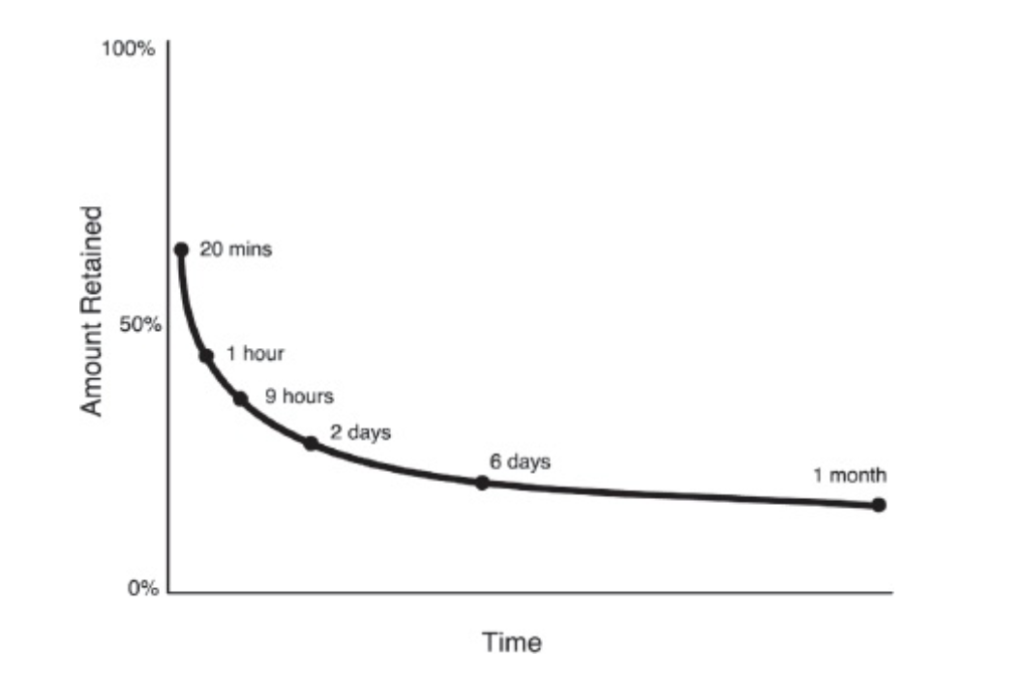
The curve has two axes the horizontal for time and the vertical for the percentage representing how much information is being forgotten as time passes.
As we see, just after just one hour, we forget more than 50% of what we learned, and after a day, we forget even more. Therefore, we tend to lose most of what we learned without any recall or continuous review. The thing is, that seems not applicable in S’s case. He was still able to recall with perfect fidelity many details after years of passing through his brain. He has what is known as synesthesia, which transfers any word he hears or reads into a specific form of mental imagery that allows him to link it to the next word and so on. He is as if drawing pictures and storing them in his brain. Despite his perfect recall and all of the good perks that his unique brain offers, he can still not function properly as a human being because he can’t help but imagine anything he hears. He was completely disconnected from reality.
Another person worth mentioning who perhaps had a photographic memory, and the only one with such kind of memory, was Elizabeth, the daughter of Charles Stroymer III. She could easily picture anything in her brain’s eyes. She could remember poems she read in a different language and so on. This example could have proved the claim that Photographic memory exists. Unfortunately, when her teacher married her, he stopped experimenting on her.
Mental athletes use principles similar to people who have synesthesia because the mental imagery involving the area of the brain that is fired is similar to the ones noticed with synesthetes.
Before closing this chunk and feeling not included, we normal people should know that our memories are amazing too. One study shows that we can remember up to 90% of 2500 pictures flashed continuously before our eyes. Isn’t that amazing? For me, it is.
Chunk 2: What is it like to be an expert
Have you ever wondered what makes someone an expert in a certain field? Is it because they have “the gift” or because of having a vast amount of knowledge combined with practice?
In an attempt to find answers, Josh looked for numerous examples we will discuss in the following paragraphs.
When we checked the chicken sexting industry, identifying their sex was impossible to do until the Japanese school of chicken sexting came into existence, it specialized in graduating students who are capable of identifying the sex of the chicken in a few seconds. The best of these graduates can reach 98-99% of accuracy, whereas the newbies can reach 80% in minutes. Still, it can take thousands and thousands of hours to reach the highest accuracy possible.
Another good example illustrates how expert chess players look at the chess board differently than newbies. They check specific places of the chess. It’s as if they intuitively understand how they move their pieces. They don’t involve so much analysis and thinking as someone new to chess would.
If we consider the 10k rule of Erikson of expertise, then by default, it should take us years and years to develop expertise. Once we become experts, our ways of approaching the mastered skill are so different, and they are based on perception and intuition. We can include that expertise is nothing but an interpretation of the present events based on the amount of knowledge and experience and pattern retrieval that leads to perfect-like response and control of the situation.
Chunk3: to learn is to forget
EP is a prime example of someone who remembers nothing beyond a few seconds. He has a special virus simplex that was chewing part of his brain and making him amnesic. He is eternally stuck in the present moment, unable to reflect on his past and plan for his future.
Our memories pretty much define our lives. If we cannot remember what we spend doing with our lives, then it would feel as if we didn’t even live to begin with. But what’s interesting about the human experience is that we don’t remember mundane, repetitive events. For example, your office work would pretty much look the same. We only remember the moments when we had some conflict with a client or when we solved a big problem that we had to deal with for weeks..etc.
An interesting experiment shows us that our experience of the passage of time differed greatly depending on the kind of activity. It is done by a French microbiologist Michel Siffre who spends a long time in a cave without having access to light and a clock. He has been going through the same routine over and over till he no longer knows whether it is night or day, and by the end of the experiment, he thought, based on his calculations, only 25 days went by, it is as if time had slowed with him, this is something that is we experience on a short time span, when we are deprived of our electronic devices, and we are alone, time tends to pass slowly.
In order to appreciate our lives, we should constantly remind ourselves that our capacity to recall our memories is something amazing, and we should not take it for granted.
Chunk 4: why do memory techniques work?
To understand why memory works, we need to have a little bit of the biological history of our bodies and, more specifically, our brains.
Our memory evolved in the natural process of natural selection. During the Pleistocene (from 1.8 million years ago to 10k years ago), humanity as we know it had lived a hunter-gather lifestyle which had some later effects on the development of our brains.
Fast forward to 90 BC, greeks were already having memory techniques used as a memorisation tool; it said the book of Rhetorica ad Herennium contained methods related to memory palaces.
In ancient times, memorisation wasn’t something extra or purely done for fun. Actually, it was considered something that is part of the development of someone’s character. You find people such as Lucius Scipio, who knew the names of the entire population of the Romans. Also, we have Charmades, who knew the contents of any volume in his library.
Method of loci is a method that uses houses, paths to school, and work as storages of memory, which doesn’t take a lot of effort to memorise and recall the learned information. You can simply use the house you are living at and simply put the list of things you wanna remember In a path from the entrance across the rooms and places found in your house. That way, you can easily memorise a list of items or vocabulary.
Another memory technique you can use out of the box is the linking method, one of the methods described in the book, and it’s quite easy to implement. For an easy demonstration, let’s say I need to buy 3 things from the grocery store: one kilogram of bananas, 2 kg of tomatoes and two heads of lettuce. So how can we remember this list without jotting it down? It’s by linking the items using exaggeration; for instance, let’s say I imagine a big fatty banana in my hand, and when I tried to peel it off, I found it has two tomatoes lined up inside it. As soon as I tried to pick it up, Somebody else picked it up for me, but when I looked them back in the eye to thank them, I was shocked to realize the person had two lettuce heads. Now this image is quite strong and unusual to mind, so it sticks, and it’s guaranteed that you wouldn’t only remember what to buy, but you are going to be for sure buying the needed quantities as well.
Chunk 5: limitations of Method of Loci
Yes, you can use the loci or memory palace method to remember a lot of information and facts. Still, when it comes to memorizing metaphorical types of poems would be very challenging. But if we go to the old times, memorizing poems was possible because the words used were simple and could be pictured, making memorizing and recalling doable.
One study had shown that despite using easy words while making those bards, the words of the bards kept changing with time. Still, they didn’t realize that because they thought they were delivering the same words, but perhaps they were just delivering the ideas expressed differently!
Chunk 6: is it time to bid farewell to the need to remember?
In the past, everything we knew had to be saved in our memories because there was no such thing as remembering. Nowadays, thanks to the internet, we can always find what we are looking for. We don’t need to store many facts that our hard drives can do for us more efficiently and accurately. We don’t need to remember our passwords or credit cards because we can simply store them in password managers and such.
In one of Plato’s works, he talked about Socrates’ story when it comes to God Teuth suggests writing to king Thamus, the king of Egypt. Still, the king refused such an offer for reasons such as the fear that it may make remembering unnecessary and weaken memory, thus making people no longer interested in learning and committing things to memory. It knows without actually knowing.
An example highlighting the limitations of learning solely from reading is the absence of spaces between words or punctuation in ancient Greek texts, making them very challenging to read initially. Rather than trying to comprehend them at first glance, it was necessary to immerse oneself in the material and then use the texts as a memory aid. Notably, in ancient Greek, the word for “to read” meant “to know again” or “to recollect,” which is an interesting insight into their approach to learning.
We probably would never experience the scarcity of knowledge in our lifetime. Still, we go to the middle ages, a scholar holding a specific book is a miracle in itself. Due to the lack of copies, the chances that you would see the same book you are reading from a library are slim. With the passage of time and the new inventions that books had, such as indexes and pages had numbers, it became easier to access the needed piece of information, and with that, the need to remember dropped as well.
With millions of books created each year, how can we keep up with the fast pace of new information? The sheer volume of knowledge available has shifted our approach to books from intensive reading to extensive reading. And with that, we are experiencing another attack on the faculty of memorization because who has the time to remember dozens of books read in a short amount of time, right?
Meet Gordon Bell; he was heavenly invested in building his external memory. He used a specific kind of camera that could record his life digitally for easy access later. This concept has been covered by the episode The Entire History of You, the final episode of season one from Black mirror, which is really thought-provoking if you didn’t watch it already. It touches on the idea of having eyes that can record everything we see and can rewatch the things we have been through and what kind of moral implications and personality effects it can have on someone.
Gordon Belll’s obsession with remembering everything wasn’t the first case noted in history. If we go to the middle ages, there was an interesting man named Bruno who created a mnemonic device that is made of syllables that once linked together to form specific interconnected objects with a touch of the occult and mythical creatures, which made it easier to remember even words that are abstract in nature. Another person worth glossing over, Giulio Camillo, was trying to create a theatre of knowledge where every kind of knowledge was stored in paintings.
What should we note from this chunk? It’s important to realize that remembering is still important in a world that never stops bombarding you with new data. You better seek depth and comprehension than fast reading that only leaves your brain almost empty, as if you didn’t read.
Chunk 7: You need to improve more than just memory techniques.
You can use memory techniques to learn and improve the memorization process. However, you will come to some limitations. Let’s say you know that Ben Pridmore could remember a deck of cards in just 32 seconds, but when it comes to you, you are stuck at 1 minute and 40 seconds, and you could never improve past that; that’s you reaching the plateau, that’s the term coined by Ericsson.
There are two researchers, Paul Fitts and Michael Posner both of them, proposed the three stages of mastering something, which is:
- Cognitive stage
- Associative stage
- Autonomous stage
The first stage is basically when you start learning something new. At first, it’s challenging and requires enormous focus and attention, but then it starts becoming easier and requires less attention and effort. That’s the second stage, the “associative stage”. The last stage describes the state when a person has already mastered the tasks at hand, and it just happens on autopilot.]
This a good example of how many people get stuck in their typing speed. At first, someone might just use two fingers to type. Eventually, one can start using almost all fingers and typing at a relatively fast speed, but you reach the highest speed at some point. That’s the plateau, but it is possible to go beyond your limitation if you implement the cognitive stage again and work on the keys you are usually not good at hitting correctly from the first attempt.
We can infer that to improve yourself constantly. You have to keep monitoring, reviewing, and journaling your progress to detect the areas you aren’t doing well in so that you can work on them. By staying in the cognitive stage, you are more likely to keep developing and becoming better and faster at what you are mastering.
Chunk 8: Some critics when it comes to memorization
Till this point, we were showing the importance and utility of memorization, but do all people agree about that? Certainly not.
Before we even jump to the critics, we must examine memory techniques’ utility. Are they really useful? Can we apply them to every imaginable scenario? Of course not, because as we have seen, it might take time to learn many words, and we are most likely to focus on things we can visualize. Anything we fail to associate with an image that represents it is bound to result in failed encoding and difficulty with recall. For example, the Chinese people found that the method of loci proposed by Matteo Ricci, the Christian missionary, is more demanding than the mere rote memorization technique.
The problem with Memory techniques is that they are geared toward learning facts. Those facts won’t be of any use if they are decontextualized. There is a basic universal truth that it takes knowledge to learn knowledge. Therefore memorisation will always be just part of the learning experience, not all of it.
The issue is not just with memory techniques but memorising in general. Francis bacon thinks that memorization is basically useless.
Teachers in the old generation thought of the brain as a muscle based on that faculty of Psychology theory, which states the more you train parts of your brain, the better you become at memorising. It turned out that such a theory is not accurate. This theory has been disproved by the psychologists Edward Thorndike and Robert S. Woodworth, finding that there were barely any noticeable effects on the brain’s memory capacity after doing memorisation sessions. Therefore, this skill wasn’t transferable to other areas.
There have been attempts to reform the educational system in ways that help students. One such attempt was led by an American philosopher named John Dewey, along with other progressive thinkers, who started a movement in the last century to change the educational system by pushing it toward a more practical approach. As we all know, students tend to forget about 90% or more of what they learn at school. Therefore, involving students in hands-on activities rather than rote memorisation seemed the perfect cure for this problem.
Chunk 9: The Many Faces of Prodigies
In the past, Savants were people who could master multiple fields of knowledge or perhaps the mastery of multiple musical instruments and create some masterpieces that are still listened to this day. But those terms didn’t hold the same meaning anymore. Today when we hear the word savant, we think of people who are mentally adept at math calculations and people who can devour the content of books in a matter of minutes instead of hours, and the list goes on…
Daniel Tammet is known to be a prodigious savant who had synesthesia. Just like Journalist S, he could simply remember anything he hears since the sound of the letter or the number creates an image that is easily visualized and remembered once connected to other images.
Dr Darold Treffert is a psychiatrist, researcher, and author known for his work in the field of autism and savant syndrome. He grouped savants into three categories:
- Splinter kill is someone with a body of trivia in a specific topic or skill.
- A talented Savant is someone with the mastery of drawing or music
- A Prodigy savant has many extraordinary abilities, such as having amazing memory skills and being exceptionally good at painting.
So you might wonder what caused the case of Daniel Tammet? it could be Synesthesia, as we stated or according to the author, it could be Asperger’s syndrome, a form of high-functioning autism. Those who are affected by this syndrome tend to be very good at language acquisition with fewer intellectual impairments.
Another prodigy savant that perhaps has even more interesting abilities than Daniel Tammet, it’s Kim peek. Although he had an IQ of 87, he had an outstanding capacity for reading. Can you Imagine that he had devoured 9000 books? With a reading speed of 10 seconds per page!
You might ask, what is the anatomical brain structure of a person with savant syndrome? It is well noticed that people with savant cases have damage on the left hemisphere, and also, when you check the brain of Kim peek, you will find that he doesn’t have a corpus callosum (thick of neurons that connects the left and right hemisphere) those damages on the level of the brain might be the cause of his prodigious savant.
Science and technology should facilitate life, and technologies such as Transcranial magnetic stimulation (TMS) could activate or deactivate some regions in the brain. Sometimes, it helps people improve their memory and even causes effects that might be considered savant-like mental abilities. Still, its main use is treating depression or bettering the conditions of people with post-traumatic disorders.
Wrapping Up: Final Thoughts and Conclusions
The author has embarked on a long and exciting journey that all started because he attended a memory championship in order to write a piece article. However, his curiosity led him to train for a couple of months and eventually make some good results when it came to the US memory championship.
Therefore, to have a new experience and potentially move forward in life, staying curious about what is happening around you is recommended. You might end up discovering your new niche that can completely set your life on the right course.
Learning memory techniques certainly can come in handy. Still, it’s up to you to use it beyond any usage considered trivial and less practical to your professional or academic work. Most importantly, try to use the techniques mentioned in this book or move to other books, such as the memory book by Harry Lorayne or You Can Have an Amazing Memory by Dominic O’Brien, in order to learn some useful tricks.
And the most important takeaway from this book is you must adopt deliberate practice as a serious means to achieve goals. Josh, the author, was a perfect example of somebody who committed himself to learn memory techniques for months, leading to good results. So it’s not enough to build a learning routine, but it is also recommended that you keep pushing beyond limits until you go past the plateau. That is improvement in a nutshell.






